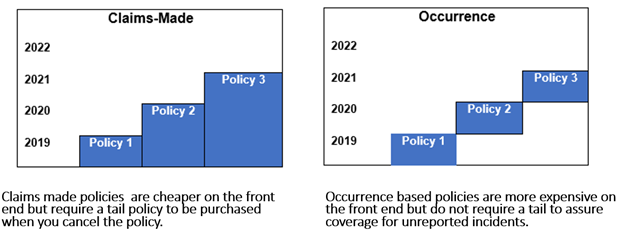By Tom Strangstalien, Insurance Advisor
We put my dad into a nursing home on Monday. My mom had been his caretaker since he was diagnosed with a somewhat rare neurological disorder. My mom has been superwoman, a real- life example of a family member caring for a loved one. However, even superwoman has a kryptonite, hers being a diagnosis of breast cancer with an impending dual mastectomy this Friday. In need of her own care, our family had no choice but to concede to the fact that dad needed continuous care from qualified professionals. The cost? $8,000 per month, and that does not include costs for prescription medications and other needed skilled medical treatments. My parents are faced with a common long-term care phenomenon, which asset do we liquidate first?
As part of our financial planning, we should all anticipate being faced with this conundrum. Which asset should we set aside to be liquidated first in the event of the need for exorbitant long-term care expenses? In considering the tax treatment of “qualified” long-term care insurance products, we may be able to make this decision much easier.
Qualified long-term care insurance premium deduction
First, the IRS allows a tax deduction for qualified long-term care insurance premiums. These premiums could be in the form of a traditional long-term care policy or for the prevalent “hybrid” life insurance with long-term care benefits available today. In essence our premiums can be combined with our unreimbursed medical expenses to the extent that they do not exceed 7.5% of our adjusted gross income. The maximum we can deduct is subject to age limits, but this by itself can be significant, especially if we combine the sum-total over a respective number of years. If we do not claim the deduction on our Federal return, we can claim the expense of our premiums on the State of Wisconsin income tax return. All states vary with how these premiums are treated, so you need to check with your individual state.
The 2024 federal IRS deduction limits are:
Age 40 and below $470
Age 41-50 $880
Age 51-60 $1,760
Age 61-70 $4,710
Age 71 and over $5,880
How are long-term care insurance payments for care treated by the IRS for tax purposes?
When determining which asset to liquidate first, this can be the determining game changer! If the policy is “qualified” per IRS guidelines, typically the payments for any level of care including home health care, assisted living or skilled nursing home care are not taxed. For my parents that would mean an estimated $96,000 in annual benefits received that would not be taxed. If assets were set aside and allocated to a taxable investment for future long-term care, it likely would need to achieve a significant rate of return to compete and almost certainly involve volatility and risk. I would say most of the time it makes much more sense to purchase “tax qualified” long-term care protection. My grandmother was in a home with cognitive impairment for 12 years. In her case at an average nursing home cost of $100,000 per year, she would have received $1,200,000 in tax-free benefits. Can a savings account or investment compete with that? And how will inflation and supply and demand affect future costs?
Using a Health Savings Account for long-term care insurance premiums
Another tax consideration worth mentioning is that qualified long-term care insurance premiums can be funded with Health Savings Account (HSA) assets. As we know, our health savings accounts accumulate on a tax-free basis, are deductible for individual contributions and can be funded with employer contributions. This fact can further enhance the benefits of purchasing long-term care protection.
I work with insurance planning for our physicians every day. Yet, the value of proper planning still resonates with an abrupt wake-up call when faced in real life. How much expense will accrue with my dad’s nursing home stay? Only the future holds the answer. One fact is undisputable, knowing which asset we will liquidate first should be planned well in advance. That asset may very well be and should be a tax qualified long-term care insurance policy.
For help with your insurance planning, contact Tom Strangstalien at 608.442.3730 or the WisMed Assure team at insurance@wismedassure.org, complete this quick online form or call 608.442.3810.
Note: This article is for informational purposes only and should not be considered as insurance advice related to your specific policy or situation. Please consult with a qualified insurance advisor or professional before making any policy decisions. Full disclaimer and contact information.
















